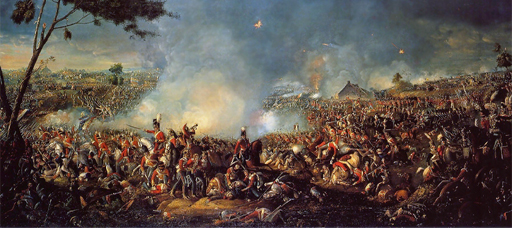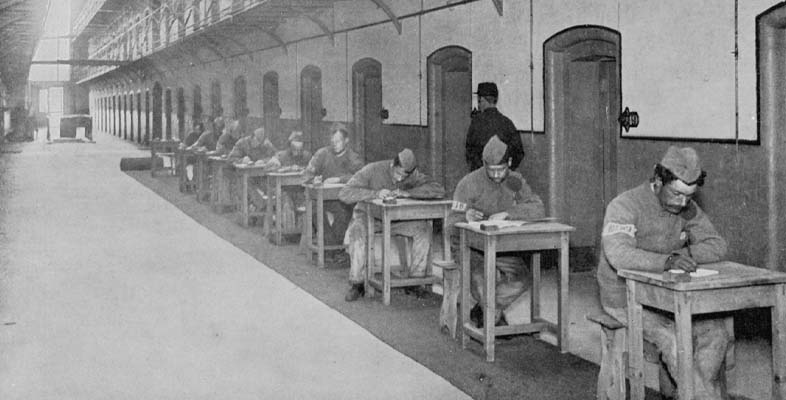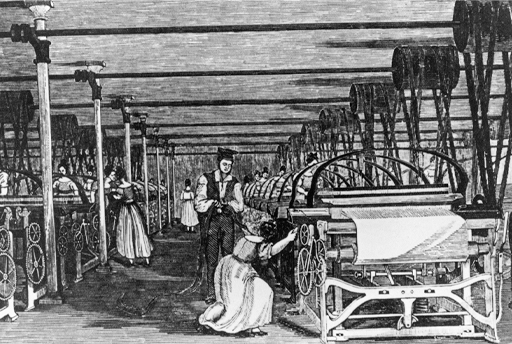1 Thinking about the past
We often hear, and tell, stories which are designed to explain how we, as individuals or as a society, got to where we are today. Some accounts offer a specific idea or circumstance as an explanation, others refer to a national trait such as ‘British pluck’. One step towards being a critical thinker is to be aware of our preconceptions.

Activity 1 Assumptions about life in 1800
Try to list some of your assumptions about life in 1800. You might want to consider some of the following questions:
- Did most people live in towns?
- Were most adults allowed to vote?
- Was the economy more rural than industrial?
- Was the country at war?
- Who had the most power, the Prime Minister or the monarch?
- Did British people own slaves?
- Were criminals more likely to be flogged, transported, executed or sent to prison?
- Could most people read or write?
Discussion
Keep these notes about your impressions of life in 1800. You might want to refer back to them. Over the next few sessions of the course, you will probably find that while some of your assumptions will be challenged, others will be reinforced and developed.

